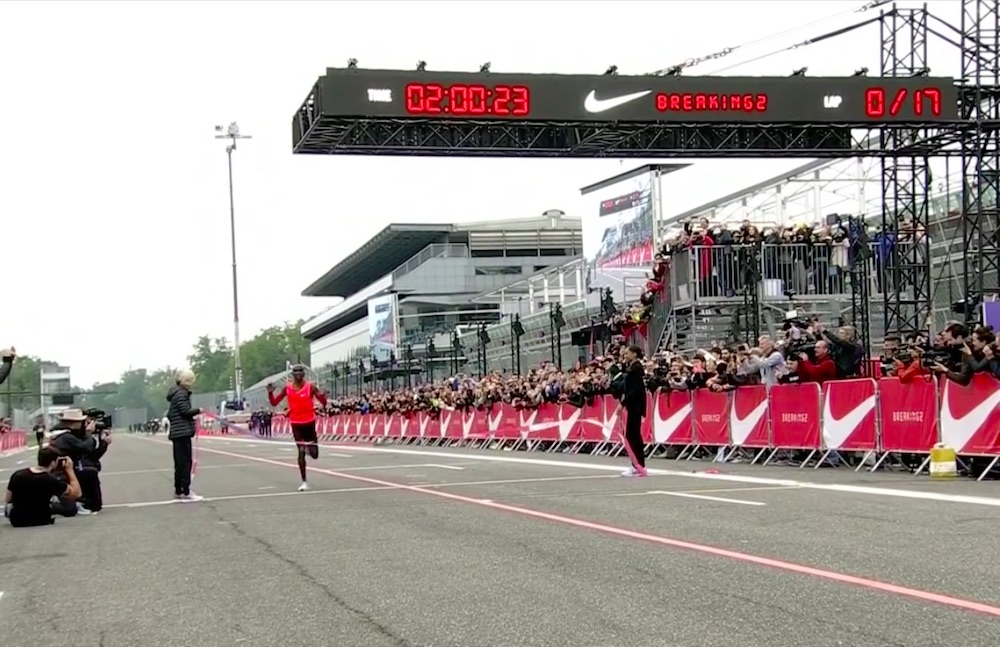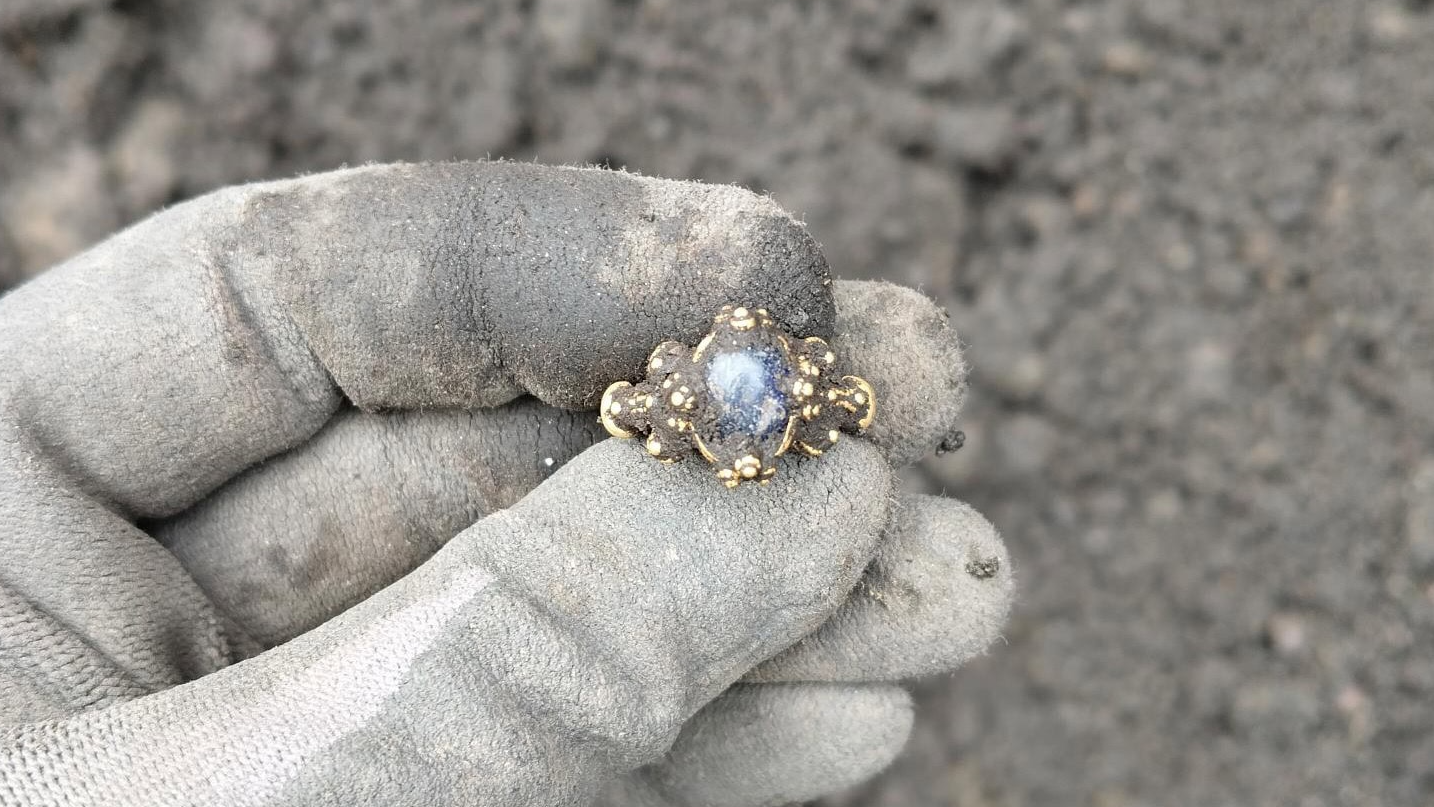Nike's Attempt to Beat 2-Hour Marathon Falls Just Short

Get the world’s most fascinating discoveries delivered straight to your inbox.
You are now subscribed
Your newsletter sign-up was successful
Want to add more newsletters?

Delivered Daily
Daily Newsletter
Sign up for the latest discoveries, groundbreaking research and fascinating breakthroughs that impact you and the wider world direct to your inbox.

Once a week
Life's Little Mysteries
Feed your curiosity with an exclusive mystery every week, solved with science and delivered direct to your inbox before it's seen anywhere else.

Once a week
How It Works
Sign up to our free science & technology newsletter for your weekly fix of fascinating articles, quick quizzes, amazing images, and more

Delivered daily
Space.com Newsletter
Breaking space news, the latest updates on rocket launches, skywatching events and more!

Once a month
Watch This Space
Sign up to our monthly entertainment newsletter to keep up with all our coverage of the latest sci-fi and space movies, tv shows, games and books.

Once a week
Night Sky This Week
Discover this week's must-see night sky events, moon phases, and stunning astrophotos. Sign up for our skywatching newsletter and explore the universe with us!
Join the club
Get full access to premium articles, exclusive features and a growing list of member rewards.
It was not for lack of support. It was not for lack of funding. And it was certainly not for lack of grit. But early this morning (May 6), Nike's attempt to break through the 2-hour marathon barrier fell just shy of the mark. After a herculean effort, Kenyan distance runner Eliud Kipchoge crossed the finish line at the Autodromo Nazionale Monza in Italy with a finish time of 2:00:25.
Though Kipchoge's time shaved 2 minutes and 32 seconds off the current marathon world record, the elusive sub-2-hour marathon remains just beyond the grasp of humanity. At least for now.
In post-run interviews with British distance runner Paula Radcliffe (who holds the women's marathon world record with her time of 2:15:25, set at the London Marathon 13 years ago) and track and field legend Carl Lewis, who won nine Olympic gold medals in the sport, Kipchoge was already pondering how to whittle away at the seconds that stand between him and the historic milestone. [How to Build the World's Fastest Marathoner]
"The world is 25 seconds away," Kipchoge told the crowd.
Kipchoge was one of three athletes who took part in Nike's Breaking2 project: Zersenay Tadese of Eritrea, the current half-marathon world-record holder, and Lelisa Desisa of Ethiopia, a two-time winner of the Boston Marathon, were also trying to make their stamp on history.
The race began at 5:45 a.m. local time, and for the first miles, the three runners remained tightly packed behind an arrowhead-shaped formation of elite pacers. After about 30 minutes, Desisa dropped off from the pack, eventually finishing with a time of 2:14:10. Tadese started to fall behind at around mile 20, and he would go on to cross the finish line with a time of 2:06:51.
The current marathon world record is held by Kenyan runner Dennis Kimetto, who finished the Berlin Marathon in 2014 with a time of 2:02:57. Kipchoge's time of 2:00:25 will not count toward an official world record, because the Nike project used a team of interchangeable pacers throughout the race, which violates the rules of the International Association of Athletics Federations (IAAF), the sport's governing body.
Get the world’s most fascinating discoveries delivered straight to your inbox.
Nike's Breaking2 project was a multi-million-dollar initiative to break through the 2-hour marathon barrier. The company employed a team of scientists to push the boundaries of biomechanics, nutrition, energetics and shoe technology for its "moonshot" attempt. Among other innovations, Nike designed a new shoe, dubbed the Nike Zoom Vaporfly Elite, that was customized for each of the three runners in the Breaking2 project.
Original article on Live Science.

Denise Chow was the assistant managing editor at Live Science before moving to NBC News as a science reporter, where she focuses on general science and climate change. Before joining the Live Science team in 2013, she spent two years as a staff writer for Space.com, writing about rocket launches and covering NASA's final three space shuttle missions. A Canadian transplant, Denise has a bachelor's degree from the University of Toronto, and a master's degree in journalism from New York University.
 Live Science Plus
Live Science Plus










